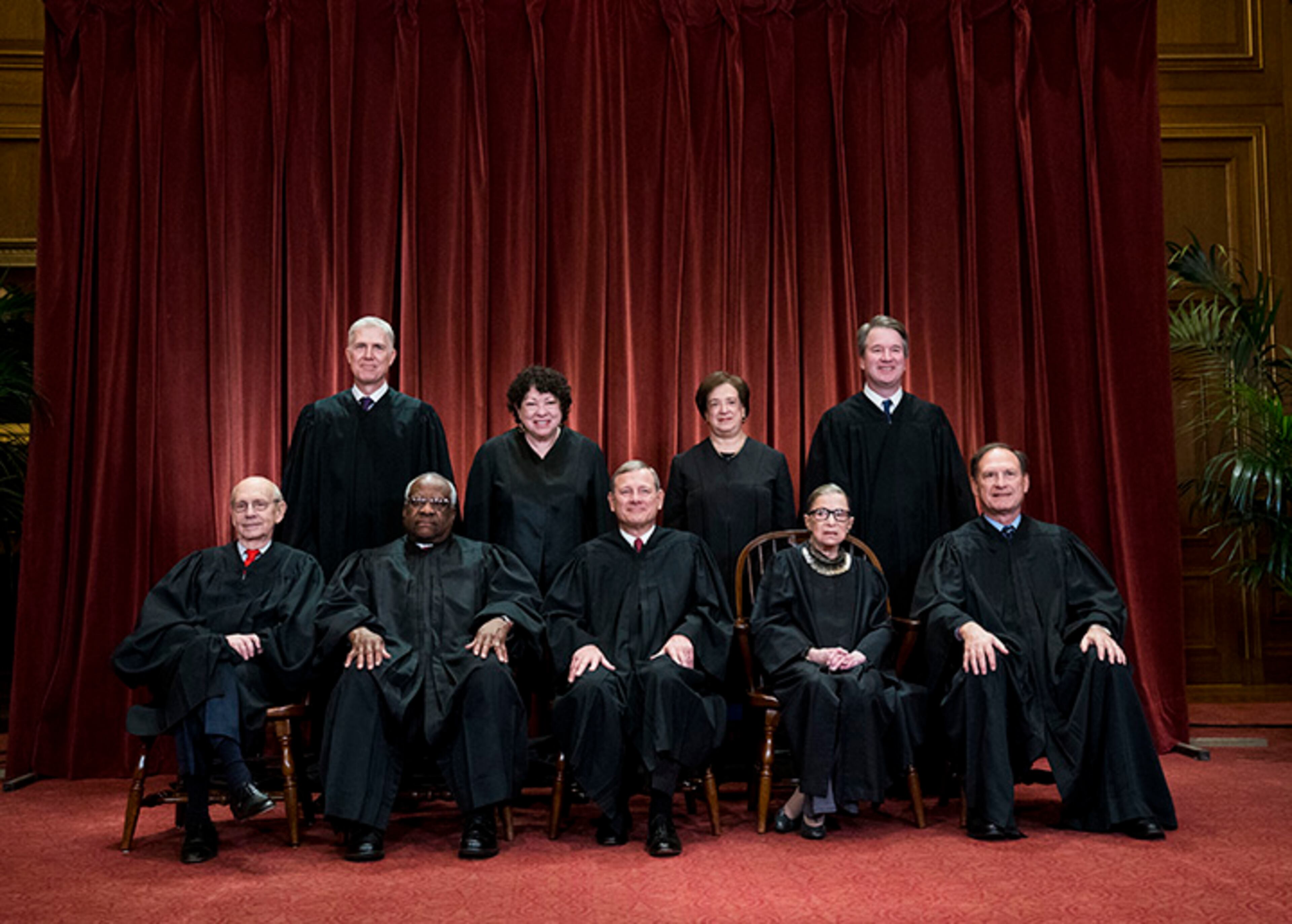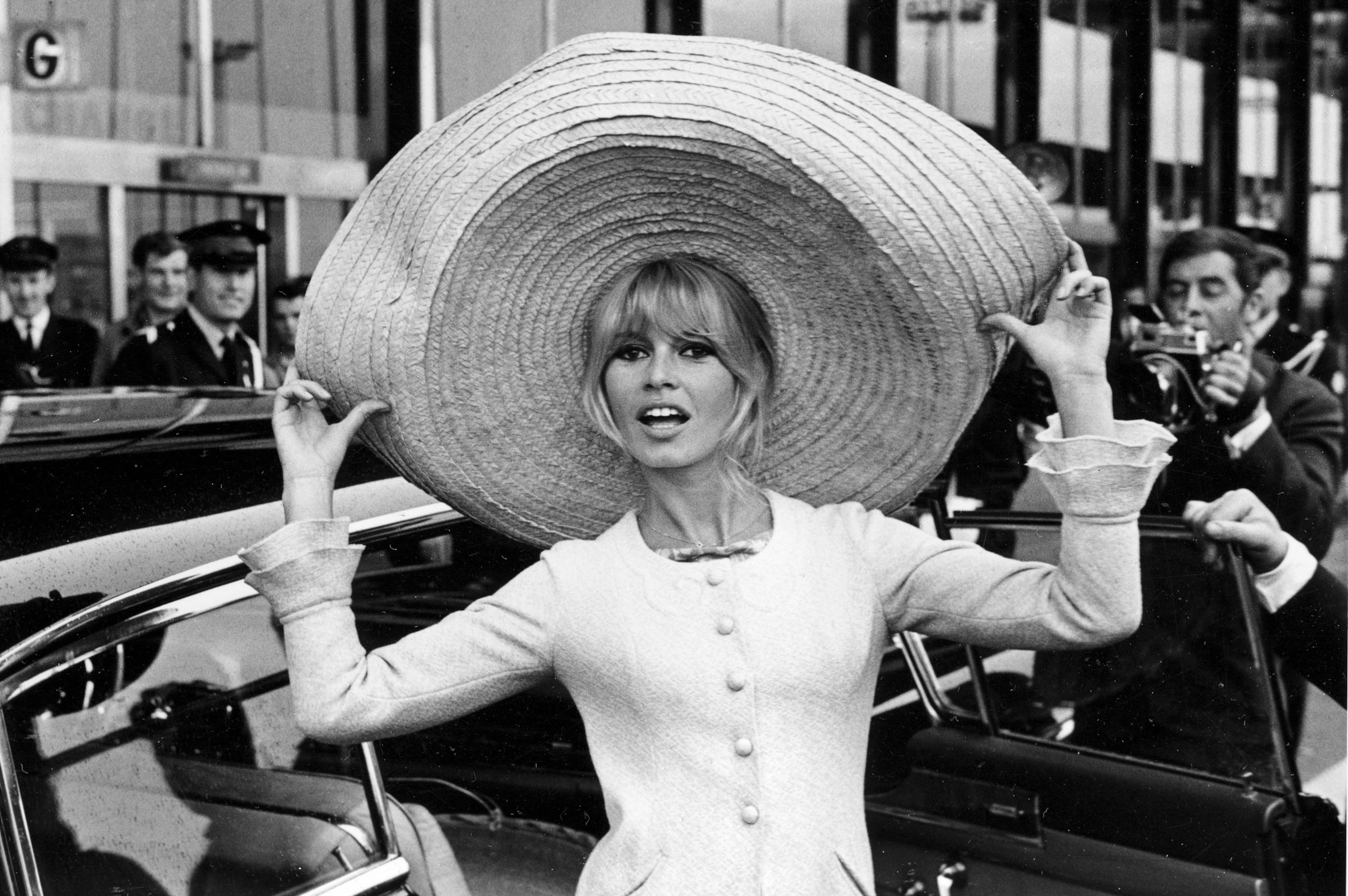Supreme Court rules jury verdicts in serious crimes must be unanimous
The Supreme Court ruled Monday that a jury must reach a unanimous decision in order to convict defendants of serious crimes, overturning laws in two states that have allowed verdicts where some jurors cast dissenting votes.
In one of the cases, a Louisiana man was found guilty in 2016 of killing a woman in New Orleans after the jury voted 10-2, which was enough to convict under state law.
Louisiana later amended its constitution to bar non-unanimous verdicts, but it only applied to crimes committed after 2018.
Before Monday’s ruling, Oregon was the only state that allowed non-unanimous verdicts in criminal cases.
Critics say the Louisiana law had been used to find black defendants guilty even when one or two black jurors disagreed.
Previously
The Supreme Court has long held that non-unanimous verdicts are forbidden under the Sixth Amendment in federal criminal trials. The court has ruled that almost all of its protections apply to the states under the 14th Amendment, one of the post-Civil War amendments, according to The New York Times. It would seem a small step, then, to conclude that the Sixth Amendment bars non-unanimous verdicts in state criminal trials, too.
But a confusing 1972 decision, Apodaca v. Oregon, complicated matters. The vote in the case was 4-1-4, and only Justice Lewis F. Powell Jr., who cast the controlling vote, said federal and state cases could be treated differently, The Times reported.
The majority opinion
Justice Neil Gorsuch, writing for the majority Monday, said the Louisiana and Oregon laws were rooted in racism.
According to The Times, in 1898, after the Supreme Court ruled that states could not exclude black people from juries, Louisiana held a constitutional convention whose purpose, as the chairman of its judiciary committee put it, was “to establish the supremacy of the white race in this state to the extent to which it could be legally and constitutionally done.”
The state constitution adopted at that convention replaced a unanimity requirement with one that said the votes of nine jurors out of 12 were enough to convict defendants of non-capital felonies. The point, Gorsuch wrote, quoting an earlier decision, was “to ensure that African American juror service would be meaningless.” (In 1973, the constitution was amended to require 10 jurors to agree.)
“Courts in both Louisiana and Oregon have frankly acknowledged that race was a motivating factor in the adoption of their states’ respective non-unanimity rules,” Gorsuch wrote.
Where justices stood
As Gorsuch noted, Louisiana had adopted the rule of non-unanimous juries in 1898 at a state convention established to maintain “the supremacy of the white race.” In the Reconstruction era, Southern states were told they may not exclude all blacks from juries, but the Louisiana rule allowed for convicting black defendants even if one or two blacks refused to go along.

Gorsuch’s opinion was joined by Justices Ruth Bader Ginsburg, Stephen G. Breyer and Sonia Sotomayor. Justices Clarence Thomas and Brett M. Kavanaugh concurred in the result but for different reasons.
Justice Samuel Alito said in dissent that the court should not overturn the 1972 precedent that allowed for non-unanimous juries, and Chief Justice John G. Roberts and Justice Elena Kagan agreed.
What it means
The court’s opinion by Gorsuch provides a striking example of how “originalism” — a doctrine favored by conservatives — can sometimes yield rulings that produce liberal results.
Gorsuch said that when the Sixth Amendment and the right to a jury trial was added to the Constitution in 1791, it was understood to mean that jurors had to reach a unanimous jury verdict. Yet the Supreme Court until now had refused to enforce that requirement on the states. While juries in federal cases must be unanimous, a divided court in 1972 did not impose the rule on the states.
Gorsuch said this was a mistake. “When the American people chose to enshrine that right in the Constitution, they weren’t suggesting fruitful topics for future cost-benefit analyses. They were seeking to ensure that their children’s children would enjoy the same hard-won liberty they enjoyed,” he wrote in Ramos v. Louisiana.
“As judges, it is not our role to reassess whether the right to a unanimous jury is ‘important enough’ to retain,” Gorsuch continued, quoting from the court’s 1972 decision, which is now overturned. “With humility, we must accept that this right may serve purposes evading our current notice. We are entrusted to preserve and protect that liberty, not balance it away aided by no more than social statistics.”
What’s next
The court’s decision overturns the conviction and life prison term of Evangelisto Ramos, who was convicted by a 10-2 jury of murdering a prostitute in New Orleans.
—Compiled by ArLuther Lee for The Atlanta Journal-Constitution. David G. Savage of the Los Angeles Times was the principal writer of what the ruling means. Information provided by Adam Liptak of The New York Times was also used to supplement this report.

